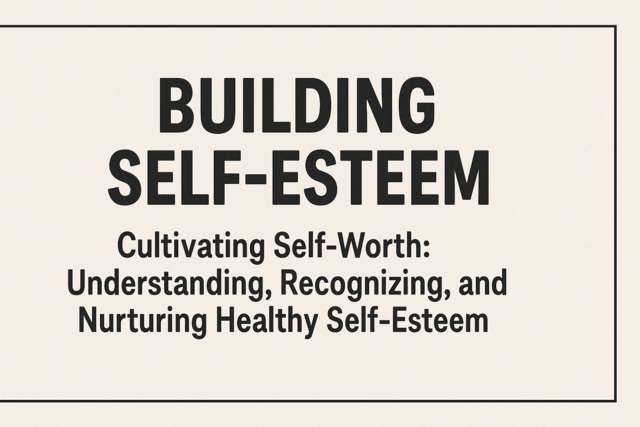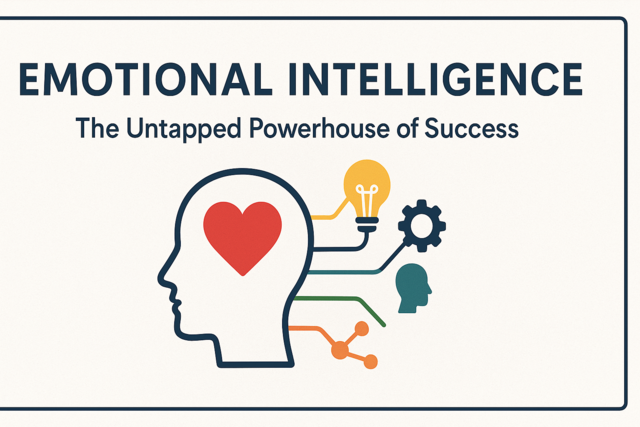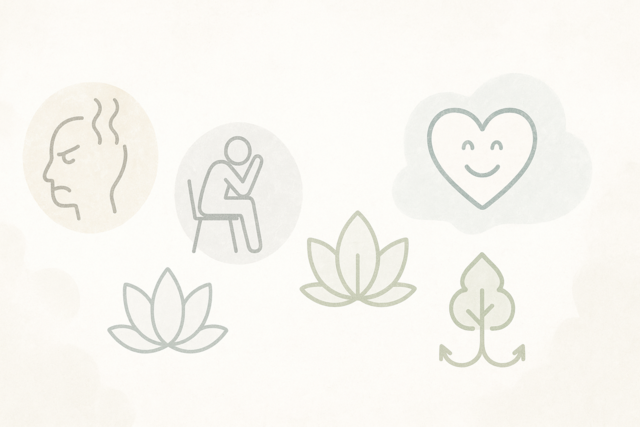As you endeavor to heal emotionally through various techniques and better understanding your pain and emotional state, there may come a time (or many times), when you find yourself stuck. While sometimes you may be stuck in one of the stages of grief, as previously outlined, other times we simply become stuck because our emotional healing generates its own feelings, as well. Many times, focusing on hurt, guilt, anger, and shame can catch us off guard. We may not even be aware that we are feeling this way, but may find it to be the case when we have difficulty proceeding through the emotional healing process.
Other times, we may struggle to handle anger or disappointment that we have caused ourselves. In fact, we may even catch ourselves becoming angry or disappointed that we have not progressed in our emotional healing as quickly as we want.This is obviously compounded when we are stuck in a stage of grief, such as anger. Sometimes we turn that anger toward ourselves.This can create vicious cycles of hurt and anger and make emotional healing impossible. We may find ourselves criticizing our own thoughts and feelings. Eventually, this will lead to a perpetual state of the anger and shame.
Likewise, we may sometimes find that we have difficulty progressing, because we are unable or unwilling to forgive. Much of the time, this forgiveness is directed outward, to the people and situations that have hurt us. Forgiveness, especially of people who we love the most, is difficult when they have hurt us deeply. Nevertheless, forgiveness is a significant step to take in the process of emotional healing.
When trying to forgive others, it is helpful if we understand what forgiveness truly is. Forgiveness is not an endorsement of someone's actions, nor is it a statement that what they did was okay. In fact, forgiveness may not even mean that you will continue having this person in your life. What forgiveness does mean, is that you have processed and released the hurt and emotional trauma they caused you. Forgiveness is not about the other person; it is not designed to help them, nor necessarily, to wipe the slate clean. Forgiveness is about a transformation of our own self. Through forgiveness, we are reclaiming our own control over our emotions and our life.
The only thing that is usually harder than forgiving others, is forgiving ourselves. Sometimes it is very difficult to forgive the things we have done or said that have hurt the people we love. It is also extremely difficult to forgive ourselves for the things that we have done or said that have hurt us. Recognizing unhealthy or unproductive thoughts, processing our own role in our emotional trauma, and believing we are worthy of forgiveness can be one of the hardest things we will ever do. To give yourself grace and forgiveness is the mark of a person who has evolved to become consummately emotionally healthy. It is no wonder, then, that it can be so very challenging to experience.
Despite the benefits of forgiveness to our psychological and emotional state, it can still be extremely difficult to achieve. So what can we do if the techniques we have already explored don't work? We work on treating ourselves gently.We work on showing ourselves love and forgiveness in small ways. When it seems too difficult to forgive ourselves for the ways we have hurt others, or the things we have done that we knew we should not do, start small. If you start to have a negative thought about yourself, work on recognizing it and replacing it with a positive affirmation. When you think of something you have done that was hurtful, remind yourself of something you have done that brought someone else joy or comfort. Focus on comforting yourself rather than replaying all of your wrong choices in your head.
As you find yourself growing more and more emotionally healthy and healed, it is time to start looking toward the future. Recognizing what has happened to you, and the strength and willpower it took to come out on the other end of it should begin to radiate from within you. Dealing with emotional trauma and disappointment is extremely difficult and is something to be proud of, no matter what the hurt or disappointment was from. With this experience behind you, you are ready to begin a new life as a new person. Or at the very least, you are ready to pick back up with your life with a healthier, more whole version of you at the center.
One of the things you'll want to spend some time considering is the ways you have changed throughout your experience. Do not be confused -- you are no longer the same person that you were prior to your trauma or disappointment. It may be that a lot of you has changed; it may be that you are very similar to the old you. Either way, your experience has taught you important lessons -- and more importantly -- you have shown yourself how to care for your own well-being and pursue your own health, regardless of the difficulties.
Now, decide to be that. Seriously. Brainstorm things that you can do or say to encourage those positive attributes within yourself. Practice recognizing unhealthy or undesirable habits and changing them as you go. Although much of your personality will be the way it always has been, there is still a lot you can do to become the loving, supportive, and healthy person you want to be. If you make it your priority, you can continue to grow and change in positive ways that will help you maintain your emotional health.
Now that you are embracing your new self, it is time to move forward with your life. Again, you may decide that you want your life to be radically different than it was before (or it may have to be although not of your choosing), or you may simply be ready to pick back up with essentially the same life that you have had. There is no wrong way to proceed as long as you are committed to maintaining your emotional health and well-being. For some people, that may mean radical changes in their life while others may find that simply taking some dedicated time on a regular basis to reaffirm them will be sufficient.
For the best maintenance of your emotional health, practice one or more of these techniques on a regular basis. Maintaining a journal or a meditative practice, for example, will help you be better equipped to handle new challenges and struggles, as well as instances where the old ones may crop up. Taking 15 to 20 minutes a day may make all of the difference in maintaining your well-being. If you do this, you will also be better equipped to recognize when you may need more support as well.


























